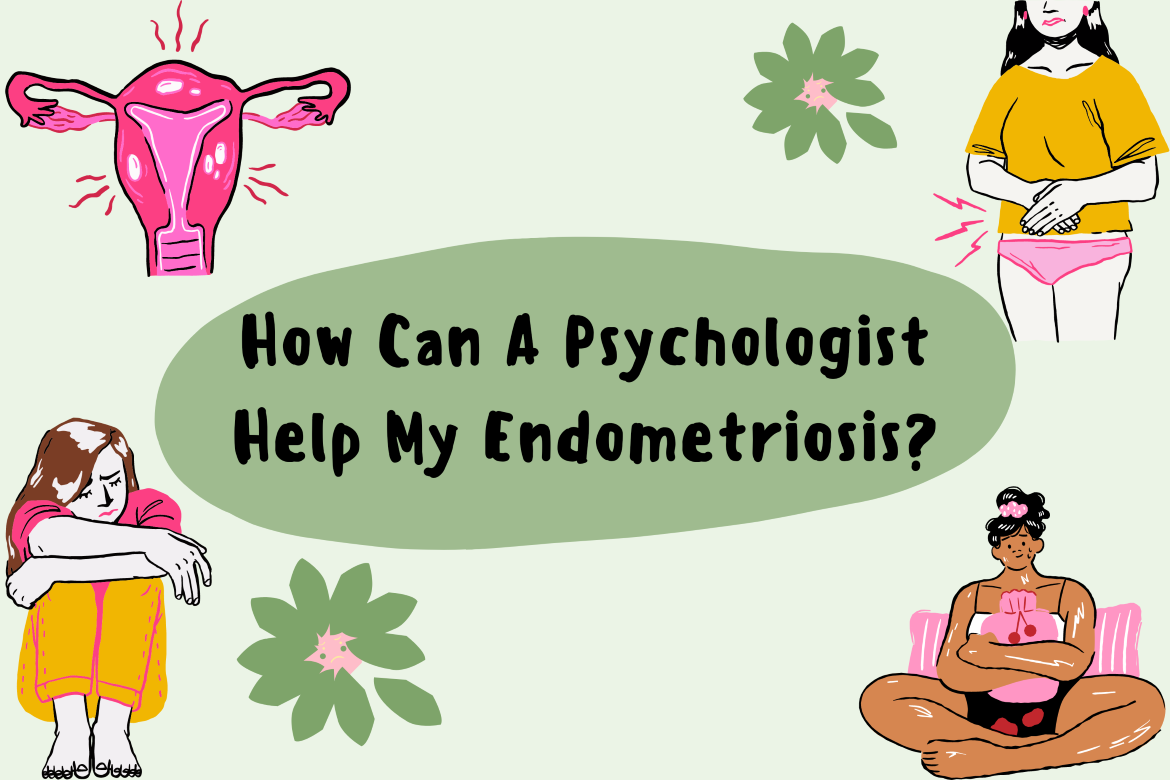By Ashlee Wells
“Excessive bleeding and painful periods are a normal part of being a woman, right?”. This is one of the ultimate myths surrounding women’s menstrual cycles. One of the leading causes for irregular, heavy and painful periods can be endometriosis.
Endometriosis is a complex, inflammatory disease, characterised by lesions of endometrial tissue outside the uterus. It has an estimated prevalence of between 5% and 10% of women of reproductive age – roughly 190 million women and girls globally.
The symptoms of endometriosis vary from woman to woman, but some common signs of endometriosis may include:
- Painful periods (dysmenorrhea).
- Pain with intercourse.
- Pain with bowel movements or urination.
- Excessive bleeding. You may experience occasional heavy menstrual periods or bleeding between periods (intermenstrual bleeding).
- Infertility. Sometimes, endometriosis is first diagnosed in those seeking treatment for infertility – between 30-50% of infertile women have endo.
- Other signs and symptoms, such as chronic fatigue, diarrhea, fainting, constipation, bloating or nausea, especially during menstrual periods.
The above symptoms of endometriosis often affect not only physical, but psychological and social functioning. For these reasons, endometriosis is considered as a disabling condition. Studies have emphasised the negative effects of pelvic pain on women’s mental health (e.g. anxiety and depression) and quality of life (e.g. loss of working ability, limitations in social activities, lack of understanding and support from the others).
Women with endometriosis suffer from a range of symptoms, although the most complex of these are frequently associated with mental health related distress.
Research has shown the prevalence for anxiety symptoms to be almost 32%, which was nearly 3x higher among women who have endometriosis compared to women without endometriosis. The prevalence of depressive symptoms among women with endometriosis was found to be nearly 30%. When considering the number of women and girls effected globally by endometriosis, roughly 60 million will also experience anxiety and/or depression. These statistics are alarmingly high.
Women with endometriosis suffer from a range of symptoms, although the most complex of these are frequently associated with mental health related d
Research suggests an exacerbation of mental health symptoms can be for many reasons, including:
- taking a long time to receive a diagnosis – It can take up to 10 years to get a correct diagnosis of endometriosis
- coming to terms with the diagnosis
- changes to lifestyle
- dealing with chronic pain and other symptoms
- hormonal treatments, which can affect mood and emotional wellbeing
- unsuccessful treatments and recurrences that require ongoing treatments
- dealing with the possibility of infertility or being infertile
- lack of support/understanding
- financial problems, such as treatment costs, taking time off work for surgery.











